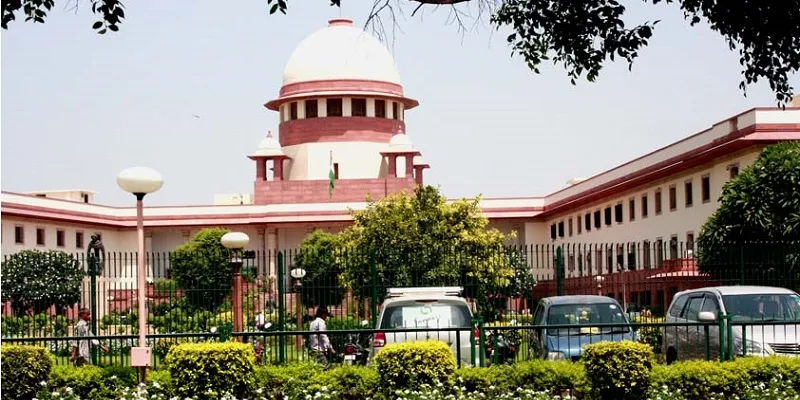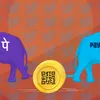No compound or penal interest be charged from borrowers during loan moratorium period, says Supreme Court
The Supreme Court refused to interfere with the Centre's and the RBI's decision to not extend the loan moratorium beyond August 31, 2020, saying it is a policy decision.
In a relief to borrowers, the Supreme Court on Tuesday directed that no compound or penal interest will be charged during the six-month loan moratorium period announced last year amidst the COVID-19 pandemic, and the amount already charged shall be refunded, credited, or adjusted.
The apex court refused to interfere with the Centre's and the (RBI's) decision to not extend the loan moratorium beyond August 31 last year, saying it is a policy decision.
A bench headed by Justice Ashok Bhushan said that the top court cannot do a judicial review of the Centre's financial policy decision unless it is malafide and arbitrary.
The apex court said it cannot interfere with the government's decision to fix priorities for relief during the pandemic, which has affected all across the country while the government has been under severe financial constraints.
The bench said this in its verdict on a batch of pleas filed by various trade associations, including from real estate and power sectors, seeking an extension of loan moratorium and other reliefs because of the pandemic.
The RBI had, on March 27 last year, issued the circular, which allowed lending institutions to grant a moratorium on payment of instalments of term loans falling due between March 1, 2020, and May 31, 2020, due to the pandemic.
The moratorium was later extended till August 31, 2020.
In its verdict, the top court said that from various steps taken by the government, it cannot be said that the Centre and the RBI have not considered the relief for the borrowers.
It said it cannot strike down a policy decision merely at the behest of petitioners on grounds that the other view is possible, and the other decision could be more beneficial. It said that a complete waiver of interest is not possible as it will have huge financial implications.
The apex court had reserved its judgement on the batch of pleas on December 17, 2020.
The Centre had earlier submitted before the top court that if it were to consider waiving interest on all the loans and advances to all categories of borrowers for the six-month moratorium period announced by the RBI, then the amount foregone would be more than Rs 6 lakh crore.
If the banks were to bear this burden, then it would necessarily wipe out a substantial and a major part of their net worth, rendering most of the lenders unviable and raising a very serious question mark over their very survival, it had said.

Image: Live Law
The government had said this was the main reason why a waiver of interest was not even contemplated, and only payment of instalments was deferred.
Giving an illustration, it had said, in the case of State Bank of India alone, waiver of six months' interest would completely wipe out over half of the bank's net worth, which has accumulated over nearly 65 years of its existence.
The Centre has promulgated the emergency credit-linked guarantee scheme (ECLGS) of Rs 3 lakh crore, providing additional credit at a lower rate of interest, with a 100 percent government guarantee, and no fresh collateral.
The scheme has been extended with higher financial limits to 27 COVID-19 impacted sectors, including restaurant and hotel sectors, it had said.
On November 27, 2020, the top court had asked the Centre to ensure that all steps will be taken to implement its decision to forego interest on eight specified categories of loans paid up to Rs 2 crore because of the pandemic.
The eight categories of loans are MSME (micro, small and medium enterprises), education, housing, consumer durables, credit card, automobile, personal, and consumption.
Edited by Suman Singh








